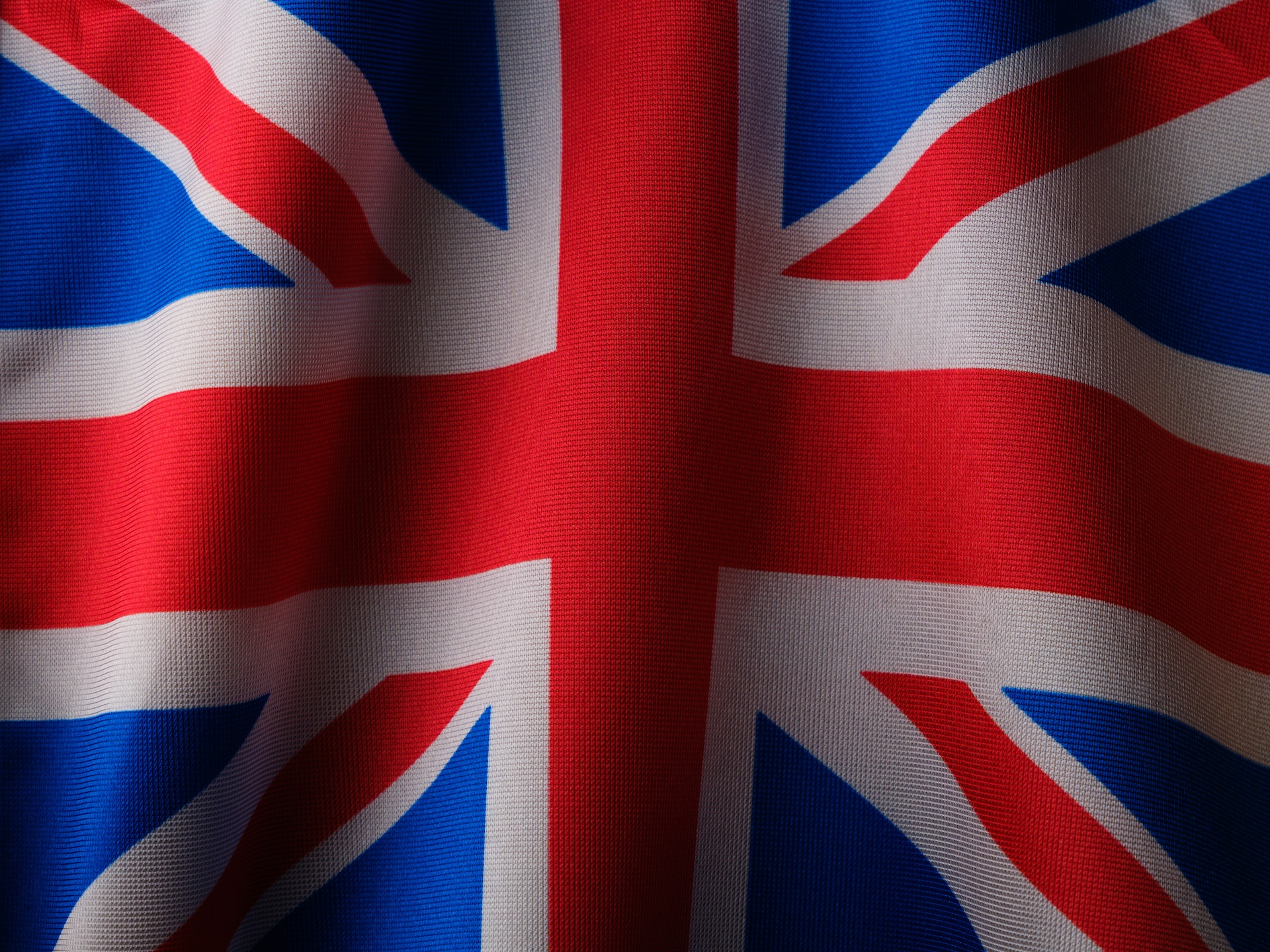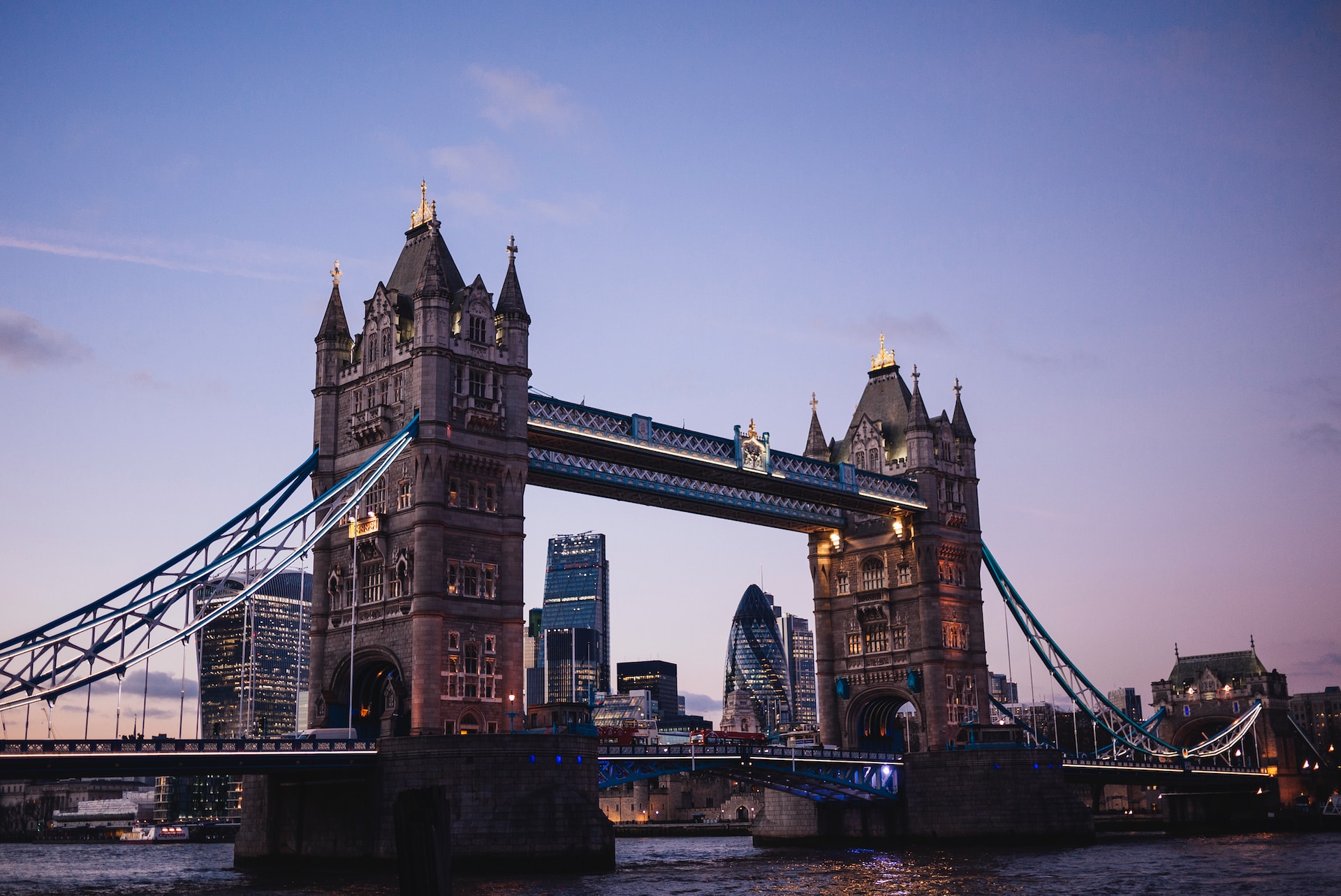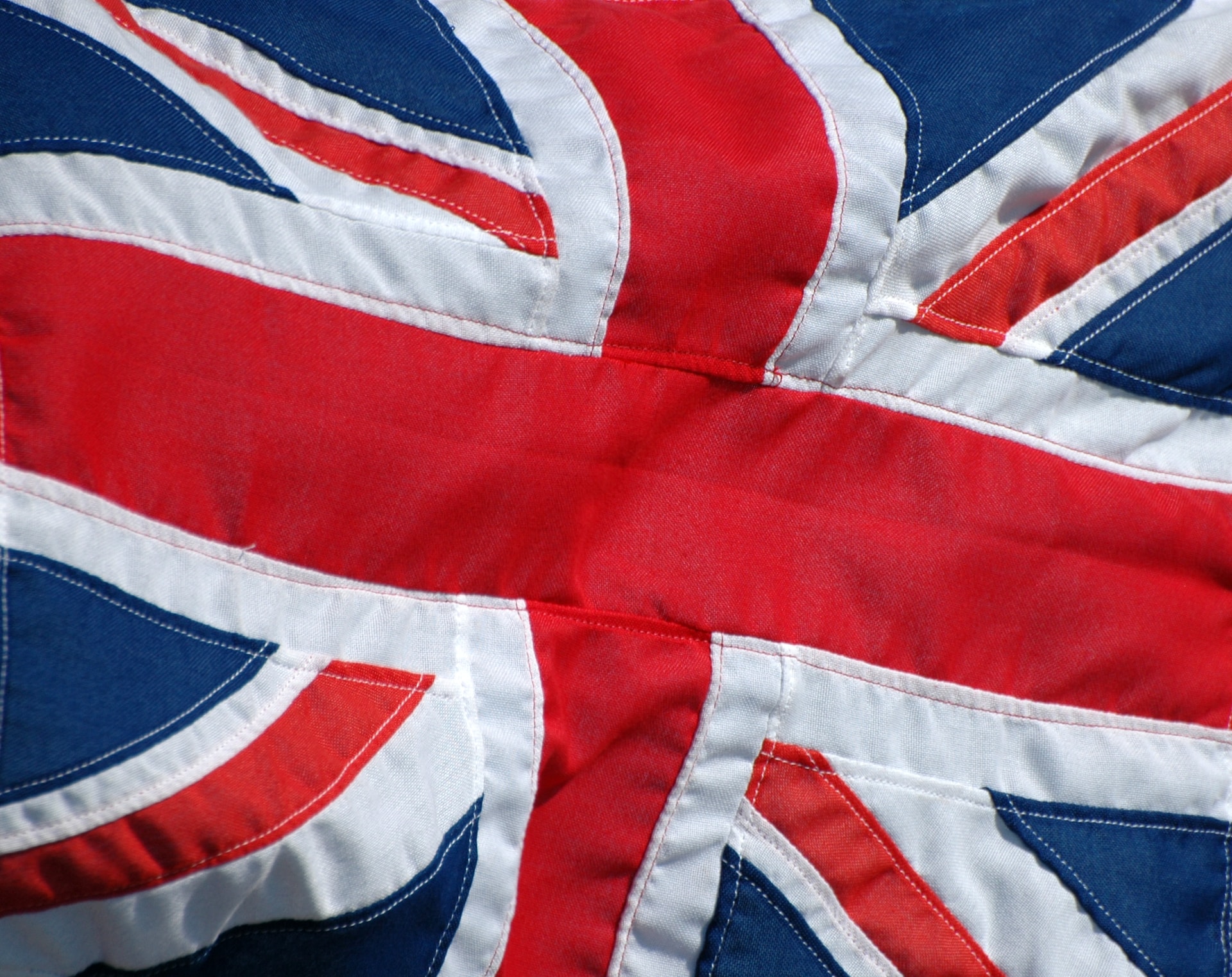The COVID-19 pandemic has had a profound and far-reaching impact on the service sector in the United Kingdom, particularly in the hospitality, retail, and tourism industries. The implementation of lockdown measures, travel restrictions, and changing consumer behavior have significantly disrupted businesses, leading to job losses and financial struggles. The government's response, through various support measures and initiatives, has aimed to mitigate the negative consequences and aid in the recovery of the service sector.
Hospitality
The hospitality industry in the United Kingdom has been severely impacted by the COVID-19 pandemic. The implementation of strict lockdown measures and social distancing guidelines led to the temporary closure of restaurants, hotels, and pubs. As a result, businesses faced immense challenges and experienced significant financial losses. The British Beer & Pub Association reported that during the first lockdown in 2020, the sector saw a 96% drop in sales compared to the previous year.
Major hotel chains, such as Marriott and Hilton, witnessed a dramatic decline in occupancy rates, while renowned restaurant chains, including Jamie Oliver's restaurants, were forced to close several branches permanently. The impact on employment in the hospitality sector has been substantial, with the ONS reporting that it accounted for 71% of the overall reduction in jobs between February and November 2020.
Retail
The retail industry in the United Kingdom also faced significant upheaval due to the COVID-19 pandemic. Lockdown measures and the closure of non-essential retail stores severely impacted businesses. High street retailers, such as Debenhams and Arcadia Group (which owns brands like Topshop and Dorothy Perkins), faced financial difficulties and ultimately entered administration.
Online shopping experienced a surge in demand as consumers shifted their purchasing habits during lockdowns. E-commerce giants like Amazon and online fashion retailers like ASOS experienced exponential growth. According to the ONS, online sales accounted for 46.1% of total retail sales in November 2020, reaching a record high.
Tourism
The tourism industry, a significant component of the UK's service sector, suffered a devastating blow from the COVID-19 pandemic. Travel restrictions, border closures, and quarantine requirements resulted in a sharp decline in international and domestic tourism. The ONS reported a 73% decrease in international visits to the UK in 2020 compared to the previous year.
Famous tourist attractions, including the Tower of London and Buckingham Palace, faced a significant decrease in visitors, leading to severe financial strain. Airlines such as British Airways and easyJet experienced a substantial drop in passenger numbers, resulting in reduced flight schedules and layoffs. The Association of British Travel Agents (ABTA) estimated that the UK travel industry lost £37 billion in 2020.
Government Response
The UK government implemented various measures to support the service sector during the pandemic. The Coronavirus Job Retention Scheme, commonly known as the furlough scheme, provided wage subsidies to businesses to retain employees. Chancellor Rishi Sunak stated, "Our priority is to support people, protect jobs, and help businesses through this difficult period."
The government also introduced business grants, loans, and tax relief measures to alleviate financial burdens. Additionally, initiatives like the "Eat Out to Help Out" scheme aimed to boost the hospitality sector by providing discounts to diners at participating restaurants.
Related Information

















